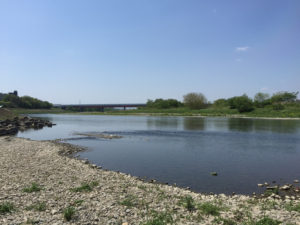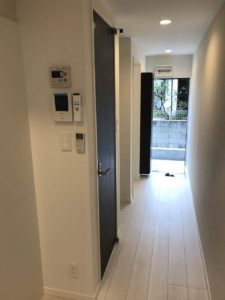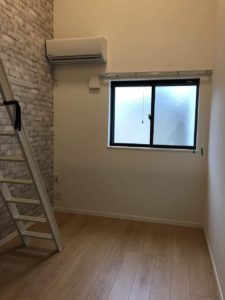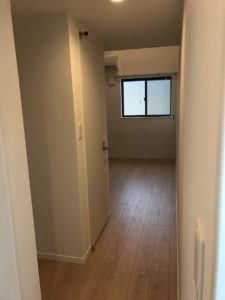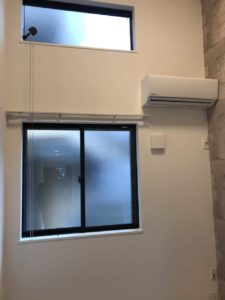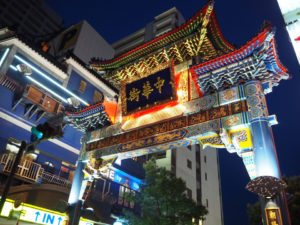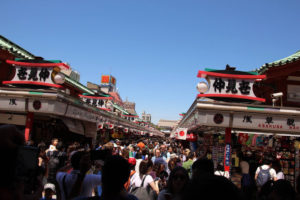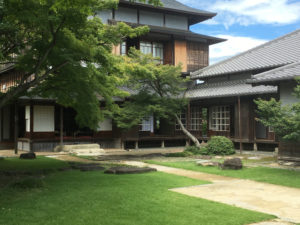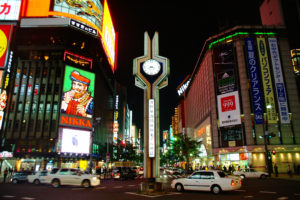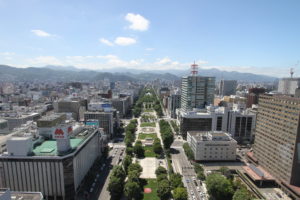
Investing in Japanese Real Estate: What Foreign Investors Need to Know
Japan is a country with a rich history and culture, and its real estate market is no exception.
With its unique blend of modernity and tradition,
Japan offers a wide range of investment opportunities for foreign investors.
However, investing in Japanese real estate can be a complex process,
and it is important to understand the legal and
cultural nuances before making an investment.
As a real estate agent based in Tokyo serving foreign investors,
I have seen first-hand the potential for growth and success
in the Japanese real estate market.
In this article, I will share some key information t
hat foreign investors should know before investing in Japanese real estate.

